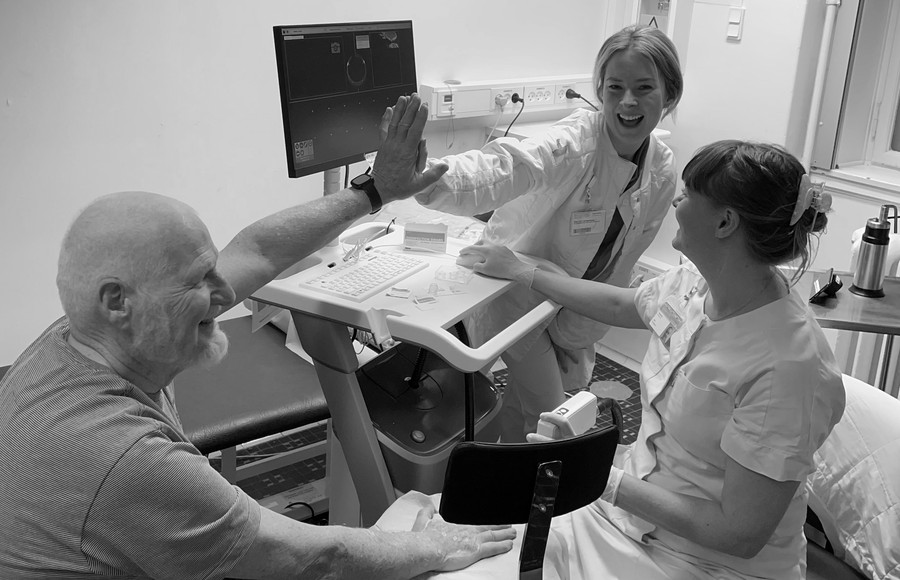Can we train the immune system to combat skin cancer?
PhD student Martin Wiinberg's research focuses on developing targeted skin cancer treatments that harness the power of the body's immune system, also known as immunotherapy. Collaborating with the Department of Dermatology at Bispebjerg Hospital and the Danish Research Center for Skin Cancer, Martin's project aims to unravel the potential of training the immune system to identify and eliminate skin cancer cells.
Immunotherapy involves the utilization of specialized drugs to bolster and activate the body's natural defenses against cancer cells. The ultimate objective is to revive the cancer-fighting abilities of immune cells, overcoming the obstacles posed by the cancer cells' suppression of the immune system. Another approach within immunotherapy involves weakening cancer cells' defense mechanisms. This is achieved through the use of antibodies that bind to the cancer cells, rendering them vulnerable to the immune system. Various methods fall under the umbrella of immunotherapy, including antibodies, cytokines, preventive and therapeutic cancer vaccines, as well as T-cell therapy.
Existing research has underscored the crucial role played by the immune system in skin cancer development. Consequently, the research project seeks to pioneer novel treatments capable of instructing the immune system to recognize and eradicate cancer cells. By doing so, this innovative approach holds promise for patients with challenging cases of skin cancer, providing them with an effective and groundbreaking treatment option.
To study the response of immune cells to immunotherapy, Martin employs a flow cytometer, which offers meticulous insight into the individual immune cells one by one.
The aspiration for developing new immunotherapies is not only to eliminate cancer but also to provide protection against recurrence, making it a promising approach in combating skin cancer.
The research project is expected to be concluded by June 2024.








